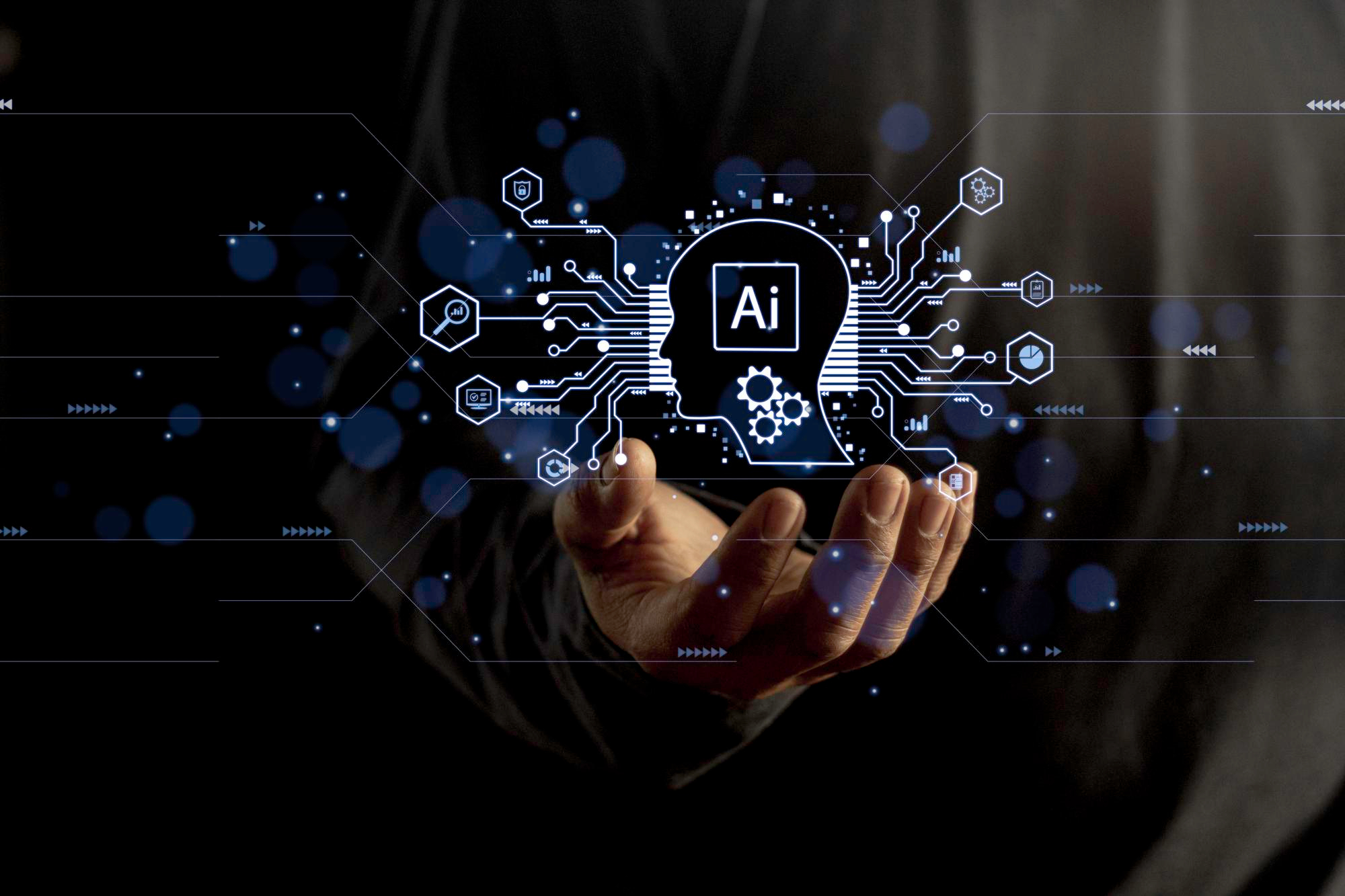
Artificial Intelligence: Charting the Course of Tomorrow
In an era where data is the new gold, Artificial Intelligence (AI) stands as the innovative prospector. As we stand on the brink of a technological revolution, AI has undoubtedly emerged as the flagbearer of this movement, dynamically evolving and ubiquitously infiltrating every aspect of our lives. As we ponder the future of AI, it becomes clear that it holds the potential to revolutionize industries, transform economies, and importantly, address complex societal issues.
The progressive development of AI has been fueled by the interplay of big data, sophisticated algorithms, and high-performance computing. Its present applications, from voice assistants like Alexa and Siri to autonomous vehicles and personalized content recommendations, are impressive. However, the full potential of AI lies in the future, and there are several noteworthy developments and trends to look forward to.
One of the key areas where AI is expected to make significant strides is healthcare. AI systems are projected to augment diagnostics, predict disease outbreaks, personalize patient treatment plans, and even perform robotic surgeries. Machine learning algorithms are becoming adept at detecting diseases such as cancer and diabetes earlier and with more precision than ever before.
Another promising field is environmental sustainability. AI is predicted to play a pivotal role in combating climate change by optimizing energy consumption, monitoring deforestation, predicting weather patterns, and designing waste management systems. AI-driven systems could help reduce carbon footprints, develop clean energy alternatives, and ensure the efficient use of natural resources.
In terms of industry, AI will continue to disrupt traditional business models. Smart manufacturing using AI will improve production efficiency, reduce waste, and tailor products to individual consumer preferences. In the service sector, AI could enhance customer experience through personalized recommendations and chatbot interactions. The use of AI in data analysis can provide businesses with actionable insights, enhancing decision-making and strategic planning.
The future of AI also holds significant implications for the job market. While there are concerns about job displacement due to automation, AI is also expected to create new employment opportunities. The demand for AI specialists and data scientists is already surging, and a myriad of new roles is likely to emerge as AI becomes further ingrained in our societies.
However, the future of AI isn’t devoid of challenges. Ethical considerations concerning privacy, data security, and transparency need to be addressed. Regulation of AI systems is an area of intense debate and will require a careful balance between innovation and societal protection. In addition, the problem of bias in AI systems needs to be solved to ensure fairness and inclusivity.
Looking ahead, it is essential to foster a public understanding of AI and promote digital literacy. The democratization of AI, where everyone has access to AI tools and understands their use, could drive innovation and ensure that the benefits of AI are widely distributed.
In conclusion, the future of AI offers immense possibilities alongside challenges. As we navigate this complex landscape, the goal should be to harness AI’s potential responsibly and ethically, with the intent to augment human capabilities, improve lives, and create a sustainable future. In the hands of creative and forward-thinking individuals, the promise of AI can indeed translate into a reality that surpasses our wildest imaginations.